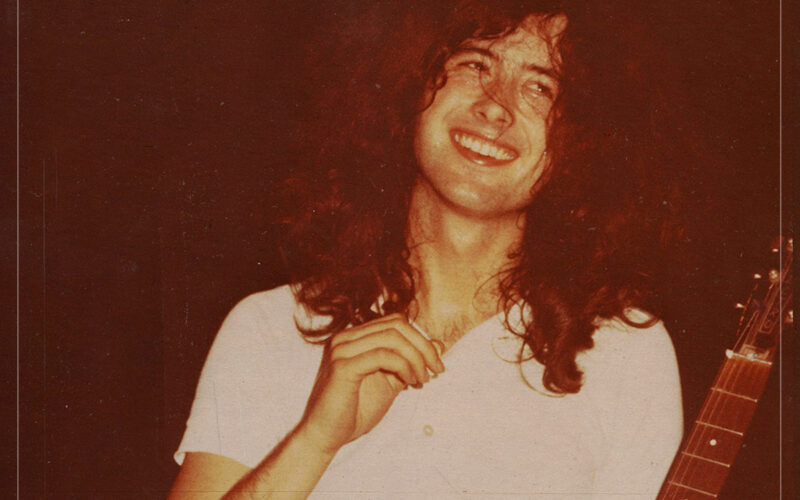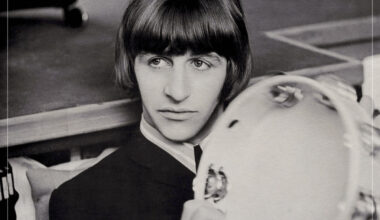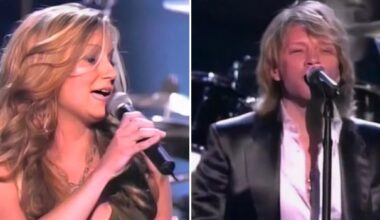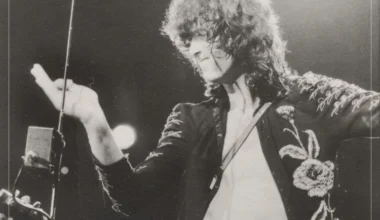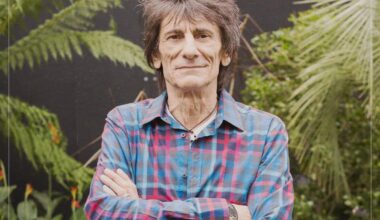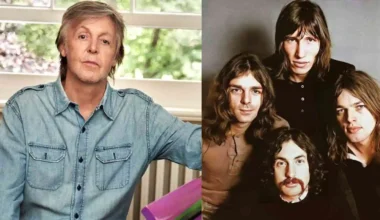Ask anyone for a list of the all-time great guitarists, and Jimmy Page will likely make the cut. As he cast off his old band and launched Led Zeppelin, he knew that guitar playing would lead the way. It was a group, arguably, of his design, pioneered by his desire to push things further and experiment more, but there was always one other artist marking the place he started from.
But Led Zeppelin isn’t the be-all and end-all of Page. In this context, it’s possibly his earlier iterations that are more connected to the impact another player had on him. In the years before the band kicked off, and before he got more experimental, Page was simply noted as a great player, a great, classic rock and roll player with major skill and capability.
That’s why he was brought into the Yardbirds, fitting into the ever-changing cast there. But it was also why he did so well as a session musician, playing on anything from film scores to albums for a long list of rock and roll classics, like The Who’s ‘I Can’t Explain’, Marianne Faithfull’s version of ‘As Tears Go By’ as well as a scattering of Stones songs, or work for more old school names like Shirley Bassey and Brenda Lee.
It’s clear that under Page’s fascinating and evolving ability for evolution and interest in doing something new and something weird, there is an unshakable foundation. There is a solid basis of skill, or even just an unfaltering understanding of the basics of rock and roll, taught to him by the old greats.
And Duane Eddy was one of them. Alongside the likes of Buddy Holly or even earlier with Les Paul, Eddy was a formative figure in early rock and roll that was taking the more traditional sounds of blues and rock, and merging them with pop for the radio-ready sound that defined the 1950s and ‘60s.
It defined the radio right when Page was first paying attention as a young kid with an early interest in music. Noted for his signature twang to his playing, “Duane Eddy twanged the thang in the late ’50s and ’60s and you can hear his character sound appearing throughout the decades of popular music,” Page said in 2024 when Eddy passed, being one of the first to lead tributes to one of his idols.
For someone as looming as Page, there’s something so sweet in hearing him talk like a fan, devolving to a young boy again, excited by his hero. First, he recalled a formative gig, remembering, “I first saw him perform at the Granada in Kingston in November 1963 and topping the bill that evening was Gene Vincent.”
Then as Page’s own name became known, they settled onto peer level that never ceased to blow his mind, recalling nights when the Led Zeppelin player hung out with his hero, or got to have conversations with him about their mutual inspirations, stating, “Duane was hosting a tribute programme to Les Paul and we discussed the massive pioneering contribution that Les had presented to the world.”
Seeing Eddy as a true defining force for an era, Page sees himself as a disciple, no matter how experimental he became in the decades since.
